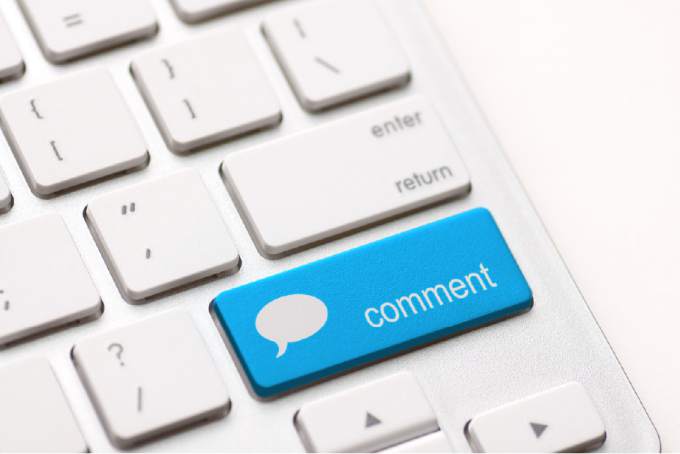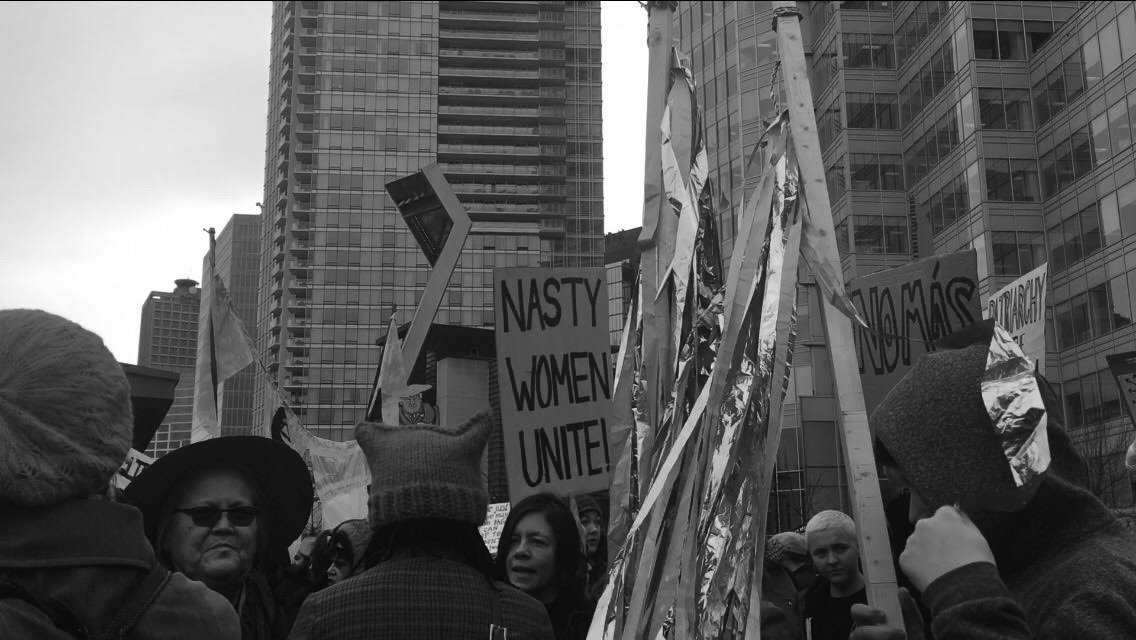By Michael Diambri, writer
The Centers for Disease Control and Prevention (CDC) reports that one in every 10 Americans older than 12 is currently taking medication for a depressive disorder. If depression is a serious health issue for millions of Americans, why does our culture so frequently use the term “depressed” to describe ourselves and others when we’re mildly inconvenienced?
The person you think of as depressed or miserable could in fact have depression. It is highly unlikely that any person enjoys suffering from depression.
First-year Yadira Avendano has been diagnosed with various depressive disorders.
“It’s sad how depression is romanticized in our society” Avendano said. “You see people celebrating sadness and brokenness saying they are depressed, especially on social media, but the truth is depression is different from being sad”
It’s hard for those who do struggle with depression to make others understand what suffering from depression is like.
“It’s hard to describe what it is like having depression, the feelings and lack of feelings you have. There isn’t a way to communicate it to people who don’t suffer from it” Avendano said. “People who don’t suffer from it say ‘cheer up’ or ‘snap out of it.’ They don’t realize that it isn’t conditional sadness they are feeling. It is a heavy feeling. There are some days that my brain wants to do something but my body just won’t. I am a pretty happy person actually.”
In the nervous system, neurotransmitters are responsible for causing chemicals to release in the body that give people various sensations. Research done by the scientific and psychiatric communities has shown that neurotransmitters in the brains of people who have depression do not work properly, making it harder for people with depression to feel calm, content, hopeful and prepared.
Today, people claiming they are “depressed” has become just another way of expressing sadness. Yes, people do go through stages in their lives where they will become sad because of various circumstances, but that doesn’t always mean they are depressed.
Unlike a sad phase in life, depression is a serious long-term ailment that many people have to struggle with daily.
Claiming one has depression has very serious connotations. It should be taken into consideration that this term should not be thrown around the way it is in our society.
Living with a depressive disorder makes each day a battle. Although medication helps, many people become dependent on these medications as they try finding the right dosage level to suit their individual medical needs.
In addition, missing a dose can prove to be harmful to an individual’s mental state. It should also be considered that the many side-effects of antidepressants often make medicating appear to be a bad idea for many people who struggle with depression.
Studies conducted at The Tokyo Institute for Psychiatry and The American Psychiatric Association concluded that people diagnosed with depression are at a high risk rate for suicidal thoughts and actions.
A website called http://allaboutdepression.com/ reports that about 15 percent of the people who are clinically depressed die by suicide. People who struggle with depression have reported that even seemingly insignificant actions, words and events can bring out suicidal thoughts.
“Triggers are a real issue for depressive people,” Avendano said.
Saying things along the lines of “You make me want to kill myself,” can be difficult for someone with depression to hear. Using phrases like this should not be considered appropriate in our society.
USA Today recently reported there is a suicide in America almost every 13 minutes. In the time you spent walking to the university center or to class, there is a strong chance someone has just taken their own life.
Suicide and self-harm should, under no circumstances, be used as a laughing matter.
Robin Williams, beloved American comedian, took his life earlier this summer. Many people never expected this out of America’s funniest man. No one ever expected to hear about Williams’ inner demons, the struggles that wrecked him and gave him a feeling of only one way out. It was revealed that Williams struggled with depression for a long time.
Words carry power. One thoughtless word can ruin someone’s moment, day, week or even their life.
This article should not make people become hyperanalytical about how we treat each other. My goal is to remind all of us to be careful to watch our words. One never knows what the true experiences are of the people we engage.
If you are experiencing sorrow, do not exaggerate and say you are depressed. It comes off as ignorant to people who truly struggle with this disorder and it makes their medical problem seem less severe than it is.
Avendano gave insight to this saying people who struggle with depression,
“should speak up about it or else our culture’s thoughts about and the stigma around depression won’t change. I want people to know that depression is serious.”
Pacific Lutheran University has promoted the careful and respectful usage of vocabulary through the “My Language My Choice” campaign. Today, you have the choice to be a positive, caring and conscientious member of society, or you can be someone who is not.
Being happy isn’t easy for everyone, each of us experience happiness in a different way. Give people their best chance at happiness by watching your words and making the effort to bring positivity into others’ lives.
I would like to add that if you, or someone you know, is struggling with depression there are many options to get help. For example, PLU offers counseling for people who are struggling with things like depression.
Do your research, find out which option would best suit your individual needs. Healthy living and being active are two great ways to start on a road to recovery. Even if recovery is just a state-of-mind, it is a better state-of-mind than hopeless suffering.
With all of this stated, remember that one positive word can change someone’s day in ways you couldn’t even imagine. Please take the time today to spread positivity.
The counseling center is located on the top floor of the AUC. Open 8 a.m. – 5 p.m. Monday- Friday. Contact them at 253-535-7206, or at councen@plu.edu.


















